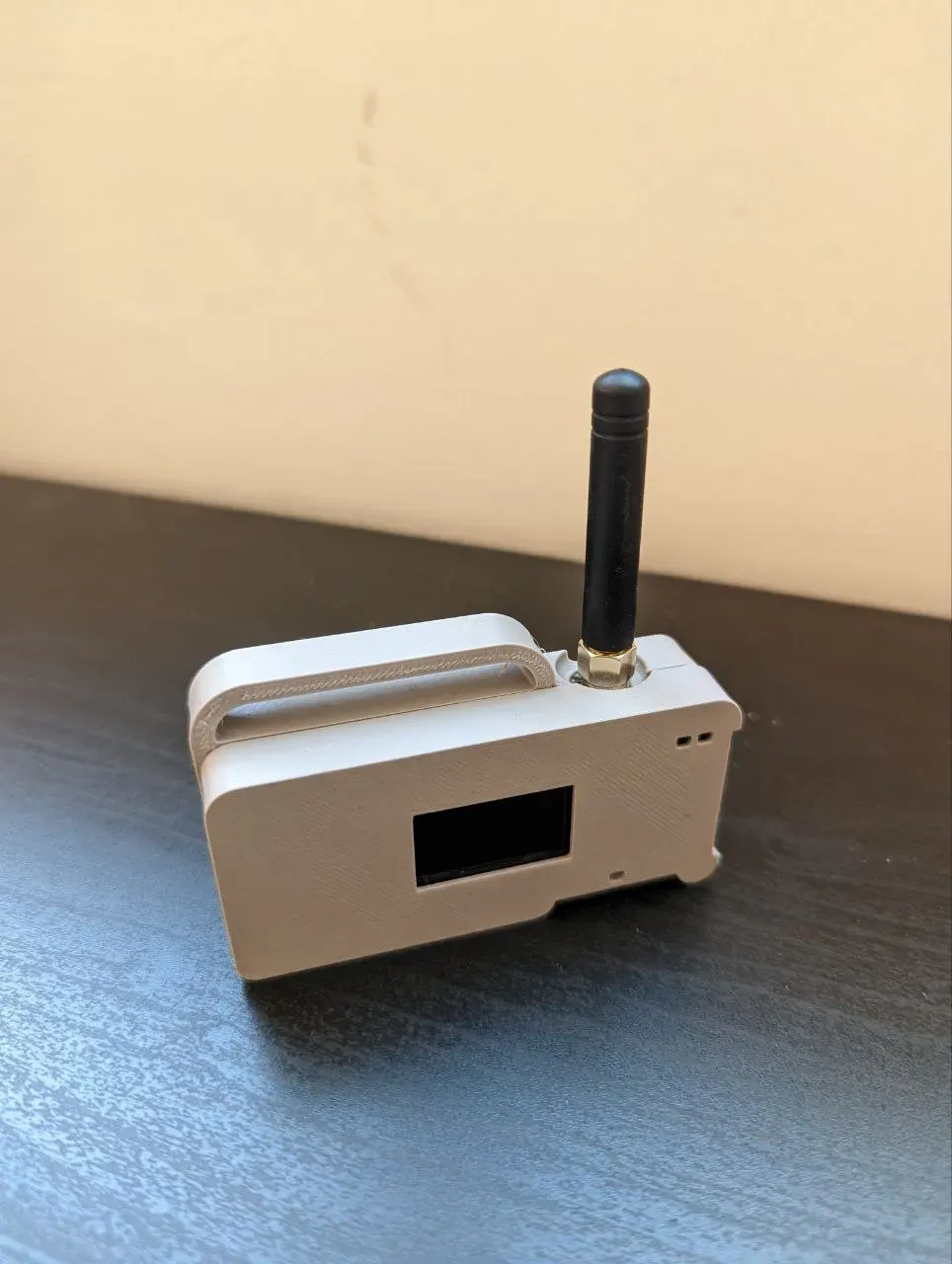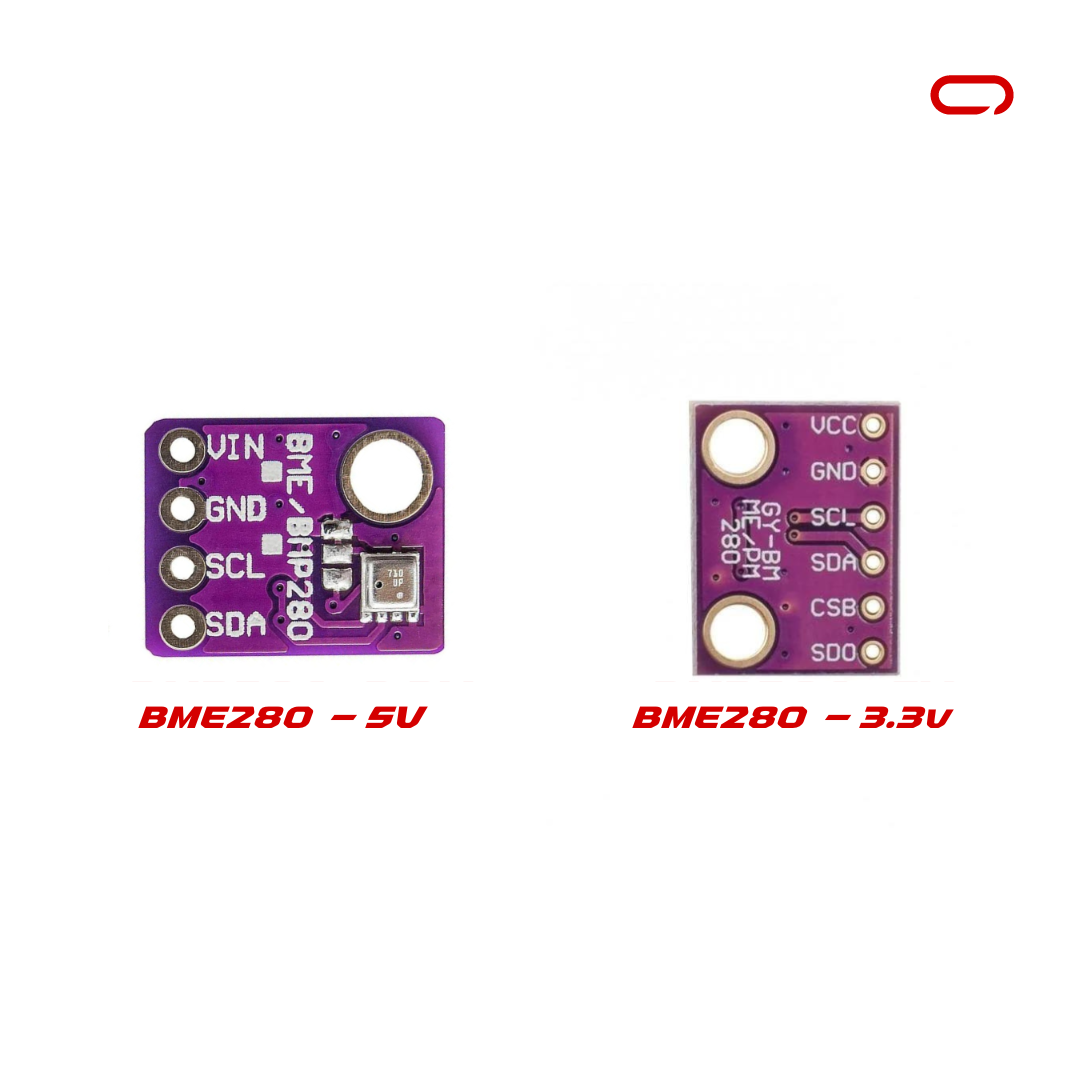How To Add Telemetry Sensor To Lilygo TTGO Meshtastic Node With BME280
We'll walk you through adding a Telemetry module (Temperature Sensor etc) to your existing Lilygo TTGO Meshtastic Node.


In this guide, we'll walk you through adding a telemetry sensor (BME280) module to your existing Lilygo TTGO Meshtastic Node to measure air pressure, temperature, and humidity.
Hardware
Now let's get started with the hardware you need:
- 1x BME280 Module - AliExpress Price: 4.20USD
- 1x 4 Pins 2.54mm Header Pin- AliExpress Price: 0.94USD
- 4x Female to Female Pin Connector AliExpress Price: 0.42USD
- 1x Soldering Iron + 60/40 Solder Wire (Optional - You can go to a nearby electronic shop to solder the headers on the board)
The hardware selection can be changed but we went with easy-to-get parts. One thing to note here is that soldering will be needed only to solder headers to the Lilygo TTGO and the BME280 module. This task can be outsourced to any nearby electronic shop and save you the money and the hassle.
Assembly
The hardware is all ready and set now to the wiring. For this, we will follow the following Schematics.
BME280 Telemetry Module - Lilygo TTGO


- VCC/VIN -> 5V For BME280-5V OR 3.3V For BMP280-3.3V
- SCL -> PIN 22
- SDA -> PIN 21
- GND -> GND
Once all the wiring is completed. Double-check your connections and ensure they match the suggested layout before proceeding to the next steps.
Meshtastic Settings
- Open Meshtastic App (IOS for this guide)
- Go to the Settings page
- In the module configuration section go to Telemetry (Sensor)
- Scroll down to the Sensor Options
- Toggle the switch Enable and other switches according to your preference
In conclusion, adding a Telemetry module to your existing Lilygo TTGO Meshtastic Node is a straightforward process that enhances the functionality of your device. The chosen hardware components, including the BME280 Module and header pins, provide a reliable and readily available solution. Soldering may be required, but it can be outsourced to electronic shops for convenience. By following this guide, users can easily integrate a BME280 module into their Meshtastic Node, expanding its capabilities for telemetry tracking and enhancing overall functionality.
What's Your Reaction?





















































